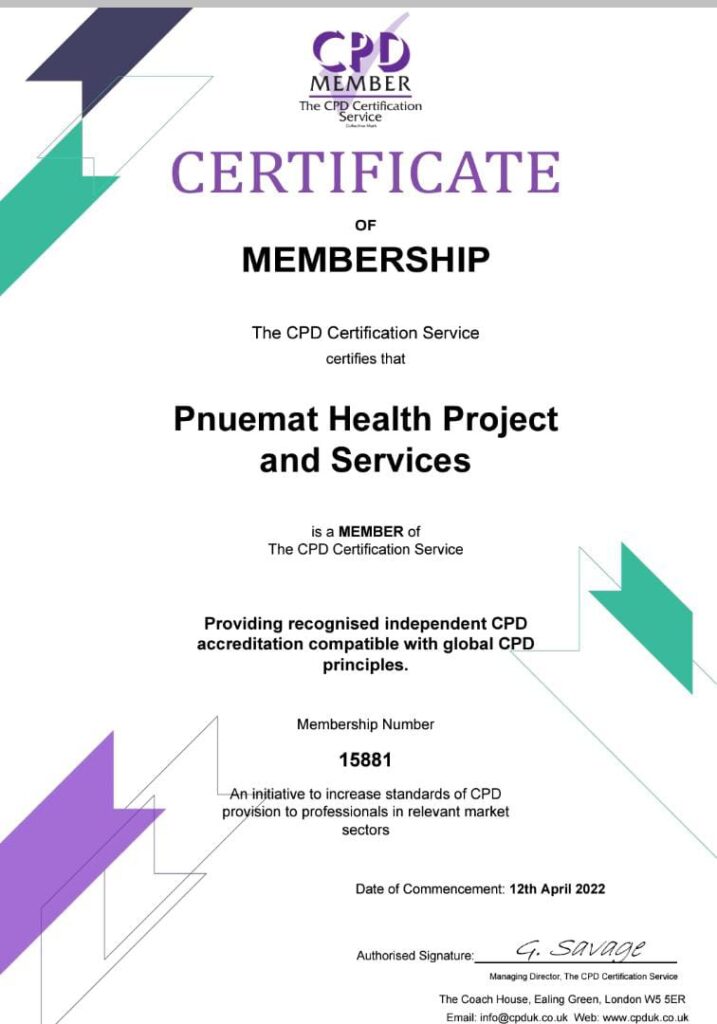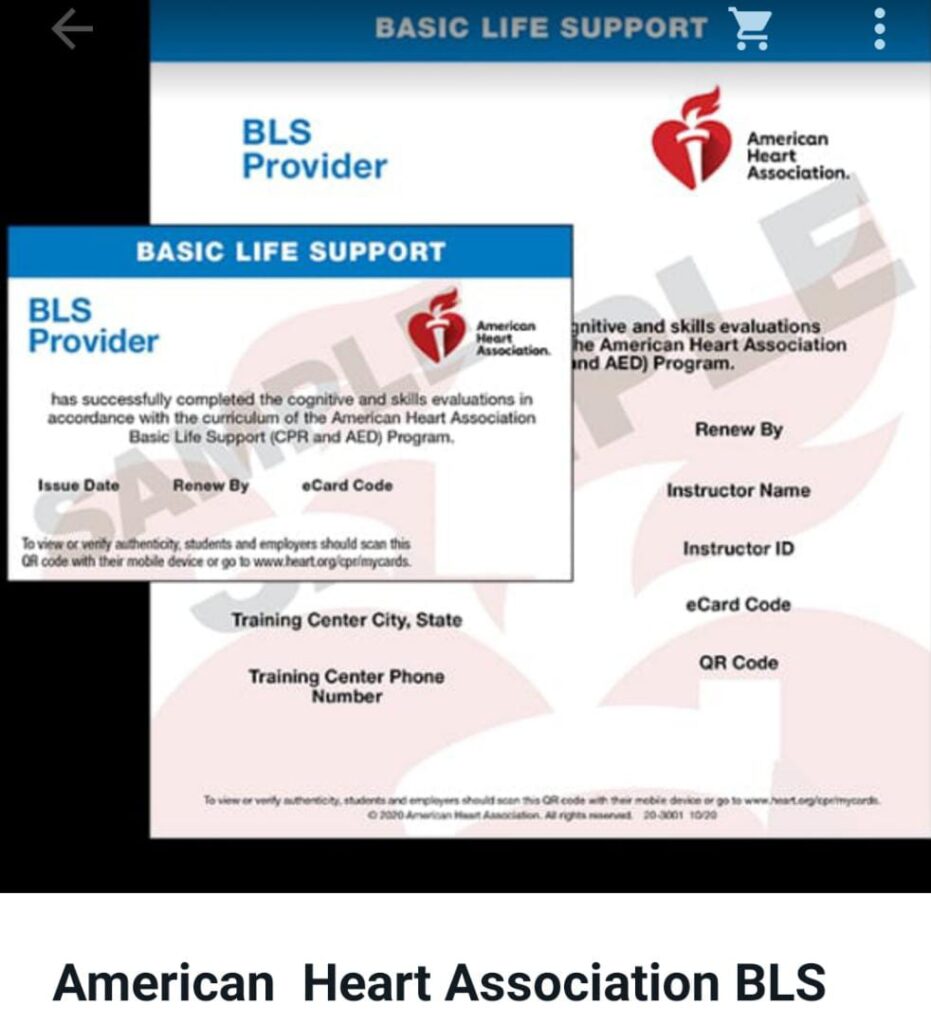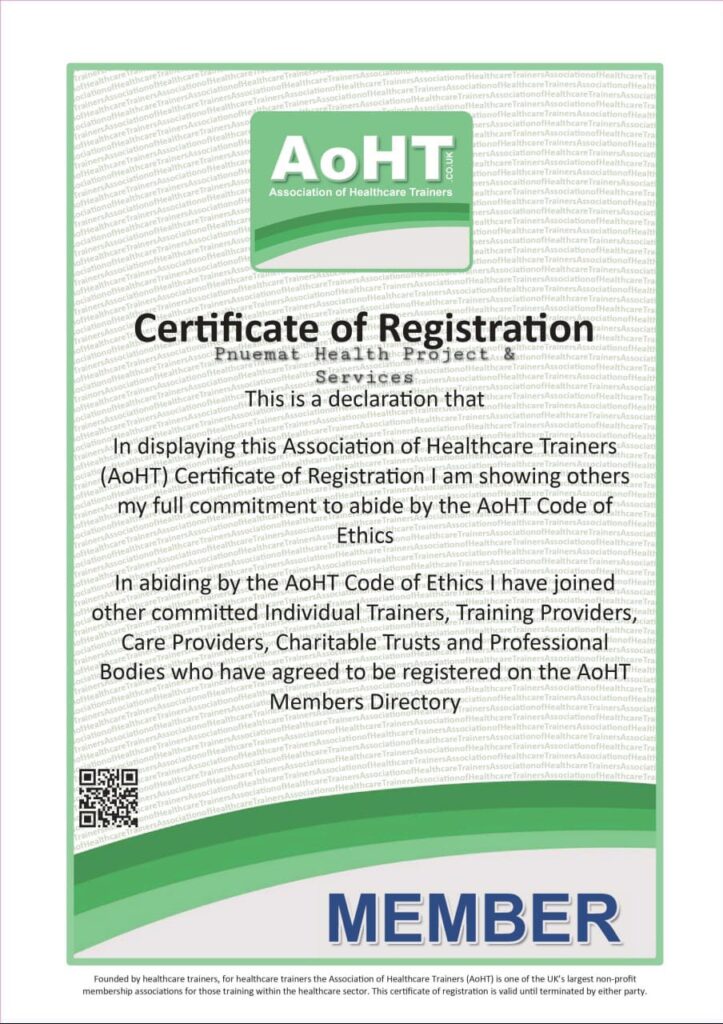- +234 70 4149 7660
- info@ekundayoeduconsult.com
- Lagos Nigeria
Accreditation and Approval Certificates
ACCREDITATION AND APPROVAL









Accreditation and Approval Certificates: Elevating Professional Standards
Introduction
Accreditation and approval certificates are key indicators of a training program’s credibility and quality. Whether you are pursuing a professional course or seeking to hire trained individuals, these certifications serve as proof that the program meets recognized industry standards.
This guide explores the significance of accreditation and approval certificates, their benefits, and how they influence career and organizational growth.
1. What Are Accreditation and Approval Certificates?
1.1 Definition of Accreditation
Accreditation is a formal recognition granted to an organization or program after it has been evaluated against established standards of quality by an accrediting body.
1.2 Definition of Approval Certificates
Approval certificates are issued by governing bodies or professional organizations to confirm that a program complies with their guidelines and requirements.
1.3 Key Differences
While both serve as marks of quality, accreditation typically involves a more rigorous evaluation process, whereas approval certificates often indicate alignment with specific regulatory or industry standards.
2. Importance of Accreditation and Approval Certificates
2.1 Credibility and Trust
Accreditation assures learners and employers that a training provider meets high standards of education and service delivery.
2.2 Compliance with Industry Standards
Accredited programs are designed to meet current industry requirements, ensuring that learners acquire relevant and practical skills.
2.3 Career Advancement
Certifications from accredited programs enhance employability and increase opportunities for promotions or higher-paying roles.
2.4 Recognition by Professional Bodies
Many industries and professional organizations require certifications from accredited programs as a prerequisite for membership or practice.
2.5 Global Recognition
Accredited certifications are often recognized internationally, opening doors to global career opportunities.
3. How Accreditation and Approval Work
3.1 Evaluation Process
- Application: The training provider submits an application to the accrediting body.
- Review: The accrediting body reviews the curriculum, teaching methods, facilities, and trainers’ qualifications.
- Site Visits: On-site evaluations may be conducted to assess compliance with standards.
- Approval: Upon meeting the criteria, the program receives accreditation or approval.
3.2 Maintenance of Accreditation
Providers must undergo periodic reviews to ensure continued compliance, fostering a culture of continuous improvement.
4. Examples of Recognized Accrediting Bodies
4.1 Healthcare Sector
- CPD Standards Office: Provides accreditation for Continuing Professional Development (CPD) programs.
- American Nurses Credentialing Center (ANCC): Accredits nursing education programs.
4.2 IT and Digital Skills
- Microsoft Certification Program: Approves IT-related courses and trainers.
- CompTIA: Certifies programs in cybersecurity and IT fundamentals.
4.3 General Professional Training
- ISO Certification Bodies: Evaluate programs for quality management systems.
- National Board for Technical Education (NBTE): Accredits technical and vocational training programs in Nigeria.
5. Benefits for Learners and Professionals
5.1 For Learners
- Assurance of Quality: Accredited programs provide high-quality education.
- Better Job Prospects: Employers value certifications from recognized training providers.
- Pathway to Further Education: Many institutions require accredited credentials for advanced studies.
5.2 For Employers
- Skilled Workforce: Hiring individuals from accredited programs ensures competence.
- Regulatory Compliance: Many industries require employees with accredited certifications to meet legal standards.
- Improved Organizational Reputation: Partnering with accredited training providers enhances credibility.
6. Accreditation and Approval in Online Learning
6.1 The Rise of e-Learning
With the growth of online education, accreditation has become critical in distinguishing credible programs from unverified ones.
6.2 Evaluating Online Programs
Accredited e-learning platforms, such as Ekundayo Educonsult’s LMS, ensure learners receive high-quality, industry-relevant education.
6.3 Flexibility and Recognition
Accredited online programs provide the flexibility of learning from anywhere while offering certifications recognized by employers and professional bodies.
7. Challenges in Accreditation
7.1 Cost of Accreditation
The process can be expensive for training providers, which may reflect in higher course fees.
7.2 Lengthy Approval Processes
Accreditation involves rigorous evaluations, which can take time to complete.
7.3 Maintaining Standards
Providers must invest in continuous improvement to retain accreditation status.
8. How to Verify Accreditation and Approval Certificates
8.1 Check the Accrediting Body
Ensure the accrediting organization is recognized and reputable.
8.2 Look for Official Seals
Accredited programs often display approval seals on their certificates and promotional materials.
8.3 Consult Professional Associations
Verify with professional associations or regulatory bodies to confirm the legitimacy of the certification.
9. Ekundayo Educonsult: Your Trusted Partner for Accredited Training
At Ekundayo Educonsult, we pride ourselves on delivering CPD-accredited training programs that meet global standards. From healthcare to IT and project management, our courses are designed to empower professionals with the skills they need to excel in their careers.
9.1 Key Features of Our Programs
- CPD-certified courses for lifelong learning.
- Recognition by industry-leading bodies.
- Flexible learning options, including online and in-person classes.
9.2 Testimonials
- “Ekundayo Educonsult’s accredited training gave me the confidence and skills to excel in my job.” — Sarah O.
- “The certification I earned helped me secure a promotion at work.” — Michael K.
Conclusion: The Value
Accreditation and approval certificates are more than just pieces of paper; they are your ticket to professional credibility and success. Whether you are a learner seeking career advancement or an organization looking to upskill your workforce, choosing accredited programs ensures quality, relevance, and recognition.
At Ekundayo Educonsult, we are committed to providing accredited training solutions that make a difference. Join us today and unlock your potential with certifications that matter.
